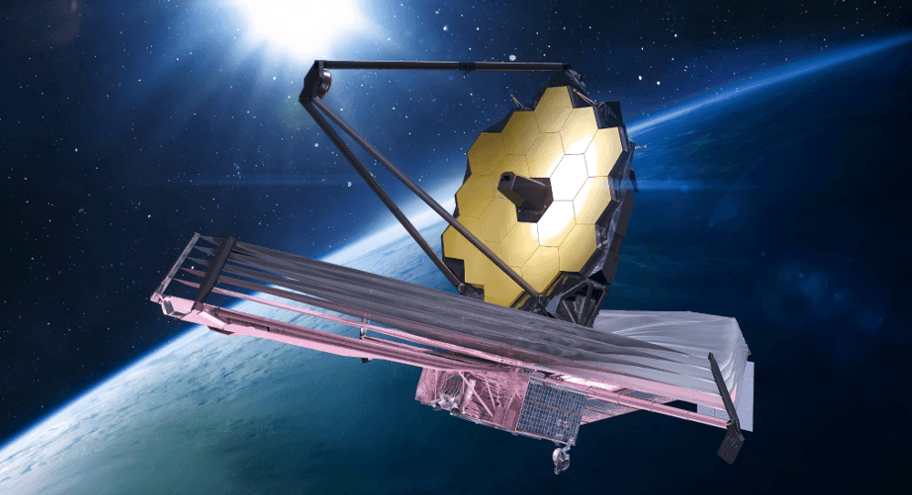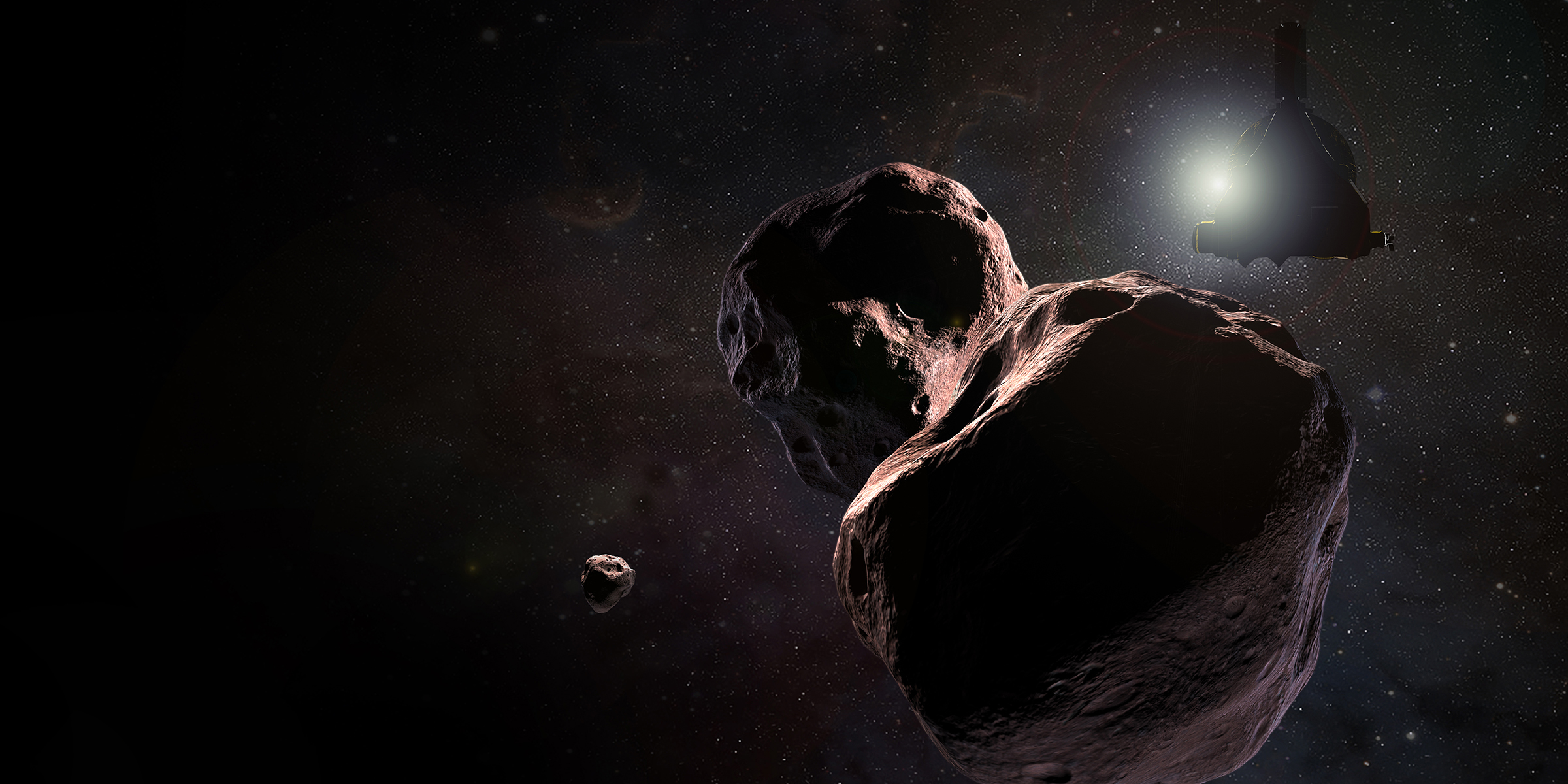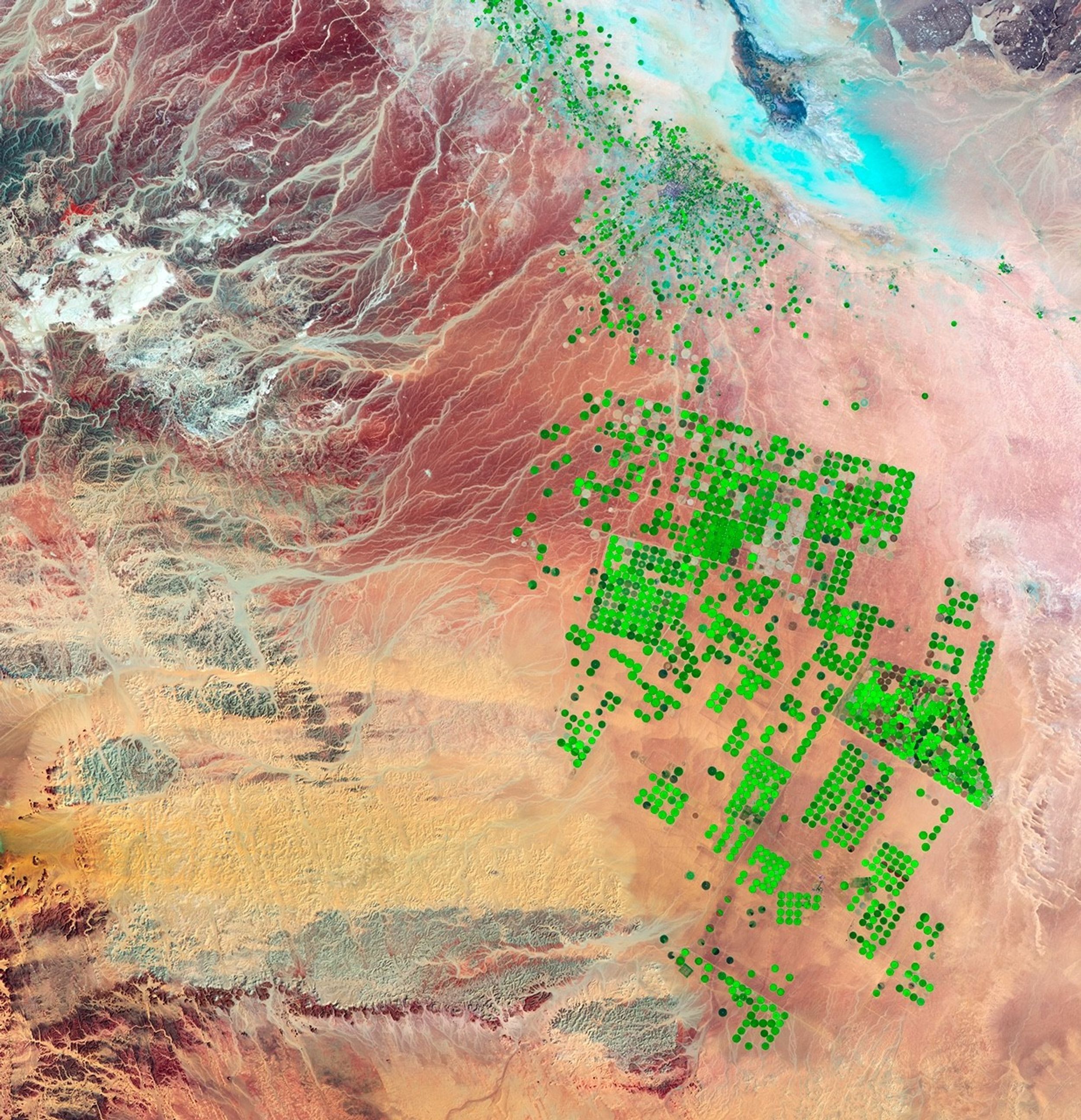
Open Science Trainings
Ready to make your research more transparent, impactful, and accessible? Our Open Science Essentials and Open Science 101 courses are the perfect starting point for researchers and managers of all disciplines!
Choose An Open Science Training
Click on a tab below to learn about available open science training courses.
How To Take Open Science 101
This free, 5-module course will provide researchers, students, and the general public with a solid foundation on the principles of open science; how to plan, conduct, and participate in open science research projects; legal and ethical considerations when planning open science projects; and open science best practices. Each course module takes approximately 2.5 hours to complete.
Option 1: Researchers, students, and professionals beyond NASA
Researchers and students outside of NASA can create an account and register for the Open Science 101 course at the link below. Upon enrollment in the course, learners will be able to complete the course at their own pace. Course progress will be saved between sessions.
Option 2: NASA Internal Workforce
For NASA's internal workforce, the Open Science 101 course is conveniently accessible through SATERN, the agency's established learning management system. NASA personnel can find and enroll in the course directly within the SATERN platform. Clicking the link below will take NASA learners to the course enrollment page in SATERN.

How To Take Open Science Essentials
The Open Science Essentials course provides introductory knowledge of the principles, practices, and tools necessary to conduct open science. The course covers key topics such as open data, open peer review, and collaborative research practices. Open Science Essentials is intended to be a concise, standalone course for learners who are seeking a broad overview of open science concepts. The course takes approximately 2 hours to complete.
Option 1: Researchers, students, and professionals beyond NASA
Managers, researchers and students outside of NASA can create an account and register for the Open Science Essentials course at the link below. Upon enrollment in the course, learners will be able to complete the course at their own pace. Course progress will be saved between sessions.
Option 2: NASA Internal Workforce
For NASA's internal workforce, the Open Science Essentials course is conveniently accessible through SATERN, the agency's established learning management system. NASA personnel can find and enroll in the course directly within the SATERN platform. Clicking the link below will take NASA learners to the course enrollment page in SATERN.

What Is Open Science?
Open science is a collaborative culture enabled by technology that empowers the open sharing of data, information, and knowledge within the scientific community and the wider public to accelerate scientific research and understanding.
Learn More about What Is Open Science?
What Can You Learn From Each Training?
-
Open Science 101
Module 1: Explore what open science is, its current practices, and its benefits and challenges.
Module 2: Get an overview of open science fundamentals, including the "Use, Make, Share" framework, FAIR principles, and essential tools.
Module 3: Learn practical approaches to finding, assessing, making, and sharing open data.
Module 4: Discover how to practice and apply open code throughout the development lifecycle using the "Use, Make, Share" framework.
Module 5: Learn to kick-start scientific collaborations, create ethical contributor guidelines, and effectively discover, assess, publish, and credit open results, integrating them into open science and data management plans.

-
Open Science Essentials
Lesson 1: Learn what open science is and explore its benefits.
Lesson 2: Examine common hurdles in adopting open science, such as social and institutional barriers, fear of being "scooped," and data ethics.
Lesson 3: Review the standard framework for open science, including the workflow, FAIR principles, Open Science and Data Management Plans (OSDMP), and project roles.
Lesson 4: Discover the core components of open research: open data, open-source software, and open results.
Lesson 5: Explore practical tools for open science, including persistent identifiers, open licensing, repositories, version control, pre-registration, and the role of AI.
Subscribe to the NASA Open Science Newsletter
Get monthly news and updates about NASA open science initiatives and training opportunities.
We will never share your email address.































